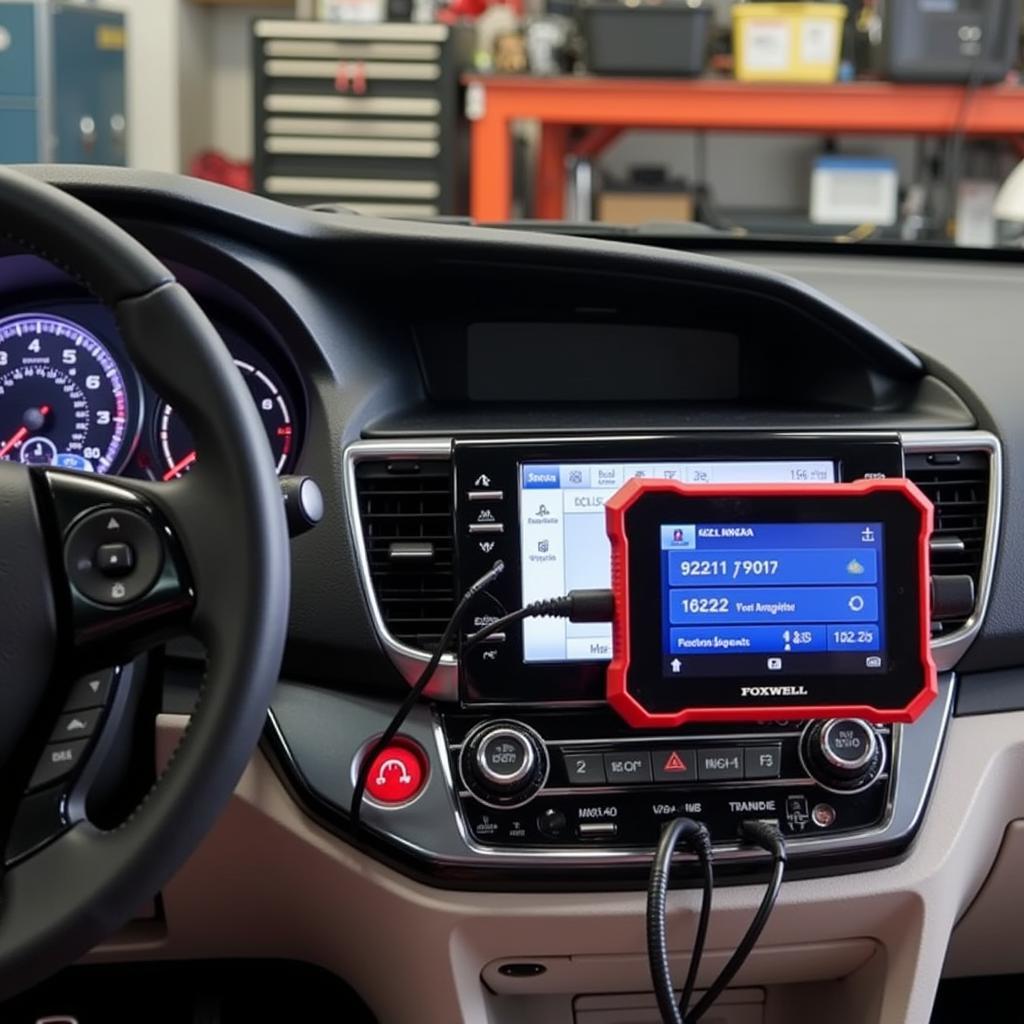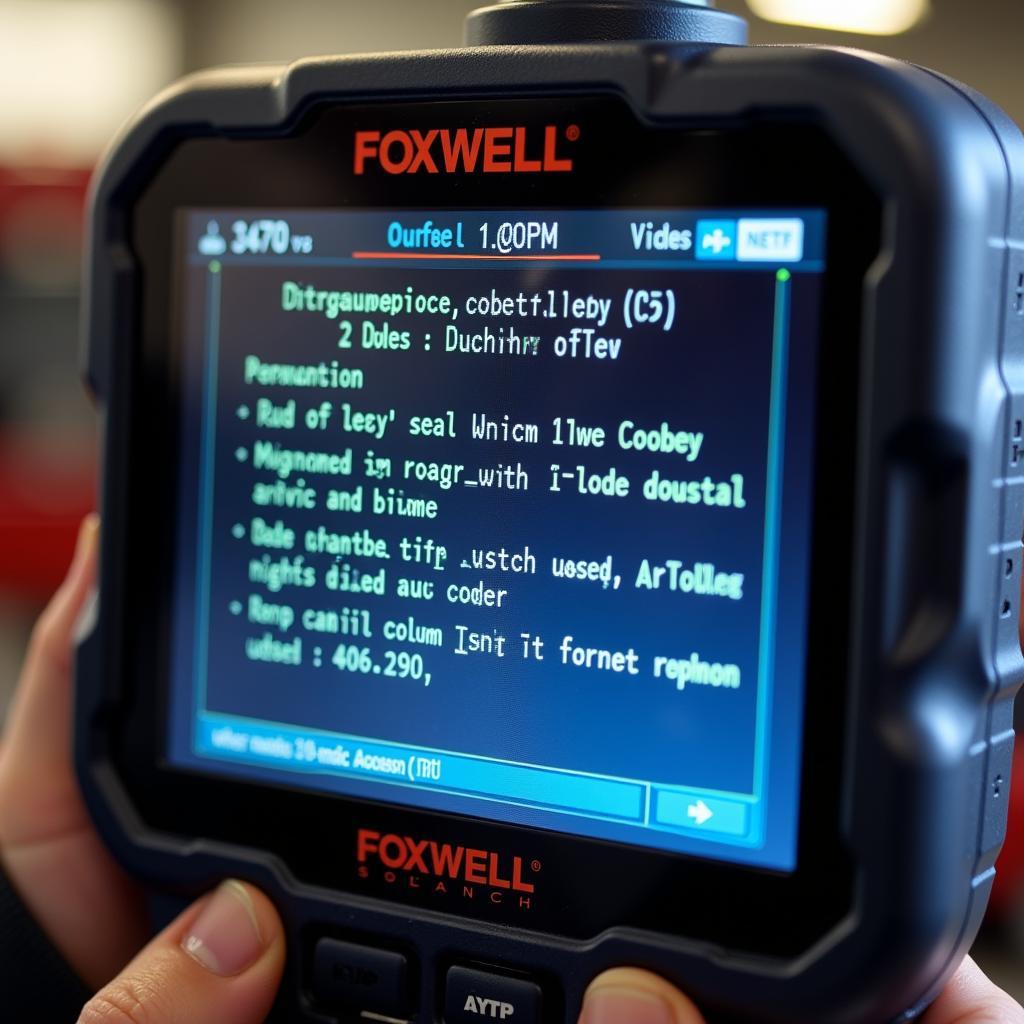Foxwell Memorial Apartments residents and automotive professionals alike understand the importance of reliable vehicles. Modern cars are complex machines requiring specialized tools and software for accurate diagnostics and repair. This guide delves into the world of car diagnostics, focusing on effective troubleshooting and repair solutions.
Car trouble can strike anytime, anywhere. Whether it’s a check engine light illuminating your dashboard while navigating near Foxwell Memorial Apartments or a persistent starting issue in your garage, having the right tools and knowledge is crucial. This article explores the crucial aspects of car repair, from understanding diagnostic trouble codes (DTCs) to utilizing advanced software solutions like those offered by Foxwell.
Decoding Diagnostic Trouble Codes (DTCs)
Understanding DTCs is the first step towards accurate car repair. These codes, generated by your car’s onboard computer, pinpoint specific malfunctions within various systems. A professional-grade diagnostic scanner is essential for retrieving and interpreting these codes.
What are the common types of DTCs? DTCs are broadly categorized into powertrain (P codes), chassis (C codes), body (B codes), and network communication (U codes). Each code corresponds to a specific issue, allowing technicians to narrow down the problem area.
Utilizing Advanced Diagnostic Software
Beyond simply retrieving DTCs, advanced diagnostic software provides in-depth information about the fault, including potential causes and recommended repair procedures. This software can also access live data streams, allowing real-time monitoring of various sensors and actuators.
How does advanced software enhance diagnostics? It offers functionalities such as bi-directional control, allowing technicians to test individual components, and coding/programming capabilities for module replacements or software updates. This comprehensive approach ensures precise diagnostics and efficient repairs.
Essential Tools for Automotive Repair
Having the right tools is paramount for successful car repair. Beyond the diagnostic scanner, a well-equipped toolbox should include a multimeter for electrical testing, a comprehensive set of hand tools, and specialized tools for specific tasks.
What are some must-have tools? Essential tools include various screwdrivers, wrenches, sockets, pliers, a hammer, and a jack. Investing in quality tools ensures durability and precision during repairs.
Choosing the Right Diagnostic Scanner
Selecting the appropriate diagnostic scanner depends on your specific needs and budget. Entry-level scanners provide basic DTC retrieval, while professional-grade scanners offer advanced functionalities such as live data streaming, bi-directional control, and coding/programming capabilities.
What factors should be considered? Consider the vehicle makes and models you intend to work with, the required functionalities, and the software update policy.
Common Car Problems and Solutions
Numerous issues can plague modern vehicles. From engine misfires to faulty sensors, understanding the underlying causes and implementing effective repair strategies is crucial.
What are some common car problems? Common problems include engine misfires, starting issues, brake problems, electrical malfunctions, and transmission issues.
Troubleshooting Electrical Issues
Electrical problems can be particularly challenging to diagnose. A systematic approach, utilizing a multimeter and wiring diagrams, is essential for pinpointing the source of the fault.
How to troubleshoot electrical issues? Start by checking fuses and relays, then proceed to testing wiring harnesses and individual components. A multimeter is indispensable for measuring voltage, current, and resistance.
foxwell memorial apartments reviews
Preventive Maintenance for Optimal Performance
Regular maintenance is key to preventing costly repairs and ensuring optimal vehicle performance. This includes routine oil changes, fluid checks, tire rotations, and brake inspections.
Why is preventive maintenance important? It helps identify potential problems early on, preventing them from escalating into major issues. Regular maintenance also extends the lifespan of your vehicle and ensures optimal fuel efficiency.
Importance of Regular Inspections
Regular inspections by a qualified technician are crucial for identifying hidden problems that might not be readily apparent. These inspections often uncover issues before they become significant, saving you time and money in the long run.
How often should I get my car inspected? It’s generally recommended to have your car inspected at least once a year, or more frequently if you drive extensively.
foxwell memorial apartments photos
Conclusion
Maintaining your vehicle in top condition requires proactive diagnostics and repair. Utilizing advanced diagnostic software and the right tools empowers you to address car problems effectively. Regular maintenance and inspections play a vital role in preventing costly repairs and ensuring the longevity of your vehicle. Foxwell Memorial Apartments residents and car enthusiasts alike will benefit from adopting these best practices. For further assistance or to explore a range of diagnostic tools, connect with ScanToolUS at +1 (641) 206-8880 or visit our office at 1615 S Laramie Ave, Cicero, IL 60804, USA.


